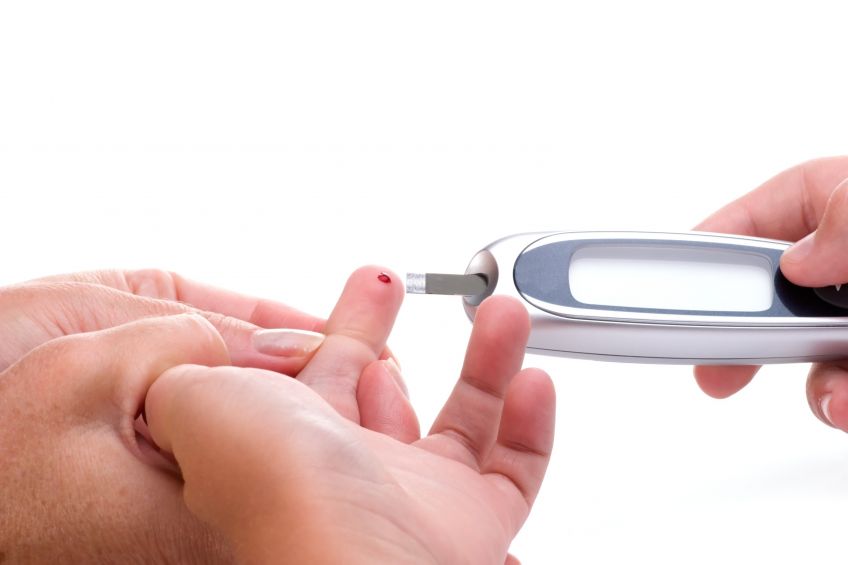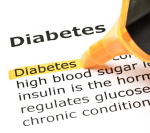


How does food affect insulin production?
To move glucose from the blood stream into cells, the body needs to make insulin.
If you have pre-diabetes, your body might not make the right amount of insulin, or it may resist the action of insulin (insulin resistance).
Overproducing insulin can lead to weight gain, unstable blood glucose levels, and other health problems including the development of type 2 diabetes.
People with pre-diabetes and insulin resistance gain weight more easily than people who can metabolize food normally. Insulin is a fat-storing hormone and it also increases your appetite and craving for carbohydrates.
When you eat, your body breaks food down into glucose, the main sugar found in the blood and the body’s main source of energy:
- Food is eaten and converted to glucose (a form sugar of sugar);
- Blood glucose rises;
- Insulin is made by pancreas and released into blood stream;
- Blood glucose moves from blood stream into cells and tissues;
- Excess insulin that is not used is stored as body fat.
Pre-Diabetes Impairs Your Ability to Metabolize Food – Especially Carbohydrates
If you have pre-diabetes, you have impaired glucose tolerance, impaired fasting blood glucose, or both.
What, when, and how much you eat all have an effect on your blood sugar and insulin production.
If you have pre-diabetes your blood glucose can go too high if you eat too many calories during a meal, or too many carbohydrates — and eating too much of the wrong foods can make your pre-diabetes worse.
How can I keep my blood glucose in a healthy level?
- Follow a healthy meal plan, low in fat and carbohydrates, and moderate amounts of protein.
- Eat about the same amount of food each day.
- Eat your meals and snacks at about the same times each day.
- Do not skip meals or snacks.
- If you are taking medications to treat your pre-diabetes, take it at the same times each day.
- Keep a food log. Recording what you eat and when can help you stay on track.
- Avoid late-night meals and snacks, and try to avoid high-fat meals in the evening. High fat meals can cause a delayed rise in blood sugar that lasts longer than other foods.
Related Articles
- What are normal blood sugar ranges?
- Can you have normal blood sugars and still be insulin resistant? (Yes!)
- What is hyperglycemia?


